Enquiries
A key cornerstone of history is historical enquiry. Quality history provision has historical enquiry at its heart. Through historical enquiry children can be shown how to ask questions, select and evaluate evidence and to make judgments about the past. It can also be a vital way of showing them that there is often more than one side to a story and that history is multi-perspective. Historical enquiry is all about asking questions or hypothesising about the past that we hope the evidence will help us to answer, but getting the enquiry question right is not always easy. In this section you will find resources and guidance that will help you to plan challenging enquiries for your children that will help them to develop as historians.
-

A creative Egyptian project
ArticleClick to view -
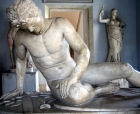
A history of the world - 100 objects that tell a story
ArticleClick to view -
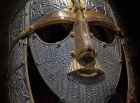
A trail of garnet and gold: Sri Lanka to Anglo-Saxon England
ArticleClick to view -

Ancient Sumer
ArticleClick to view -
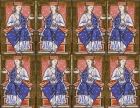
Anglo-Saxon Women
ArticleClick to view -

Assessment and Progression without levels
ArticleClick to view -
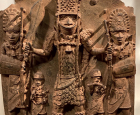
Benin: exploring an African empire at Key Stage 2
ArticleClick to view -

Bringing the Civil War to life in Somerset
ArticleClick to view -
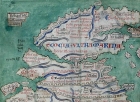
Britain's settlement by Anglo-Saxons and Scots
ArticleClick to view -
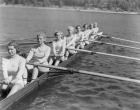
Celebrate your sporting heritage
ArticleClick to view -

Changes in an aspect of social history from 1945 to 2000: youth culture
ArticleClick to view -

Children's thinking in archaeology
ArticleClick to view -

Chronology & Topics at Key Stage 2
ArticleClick to view -
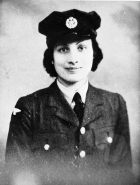
Cross Curricular Project on a famous person
ArticleClick to view -

Curriculum plan: Ancient Greece
Multipage ArticleClick to view -

Curriculum plan: Anglo-Saxons and Vikings
Multipage ArticleClick to view -

Curriculum plan: Stone Age to Iron Age
Multipage ArticleClick to view -

Developing enjoyable historical investigations
ArticleClick to view -

Early Islamic civilisation
ArticleClick to view -

Enhancing temporal cognition: Practical activities for the primary classroom
ArticleClick to view

